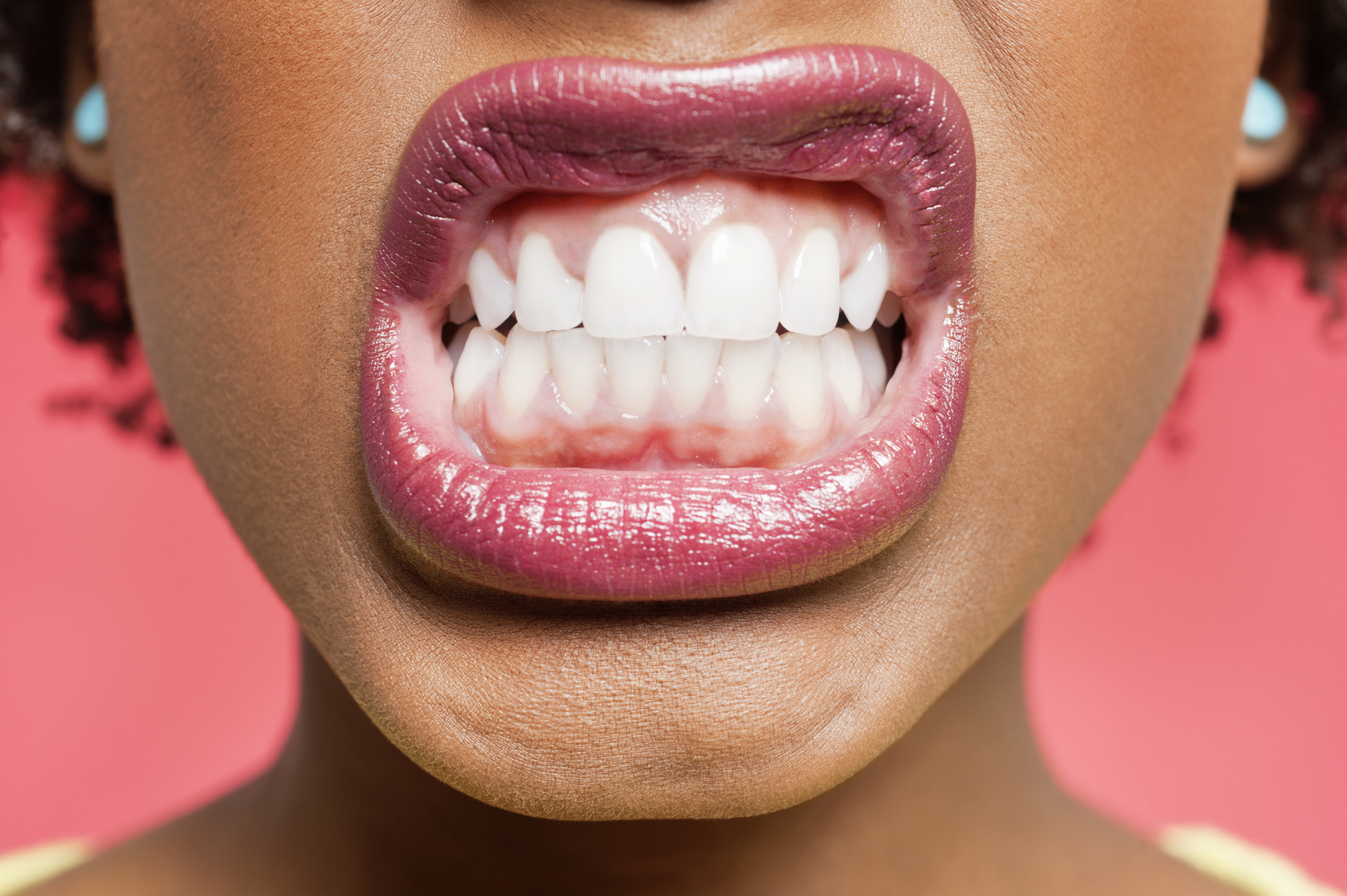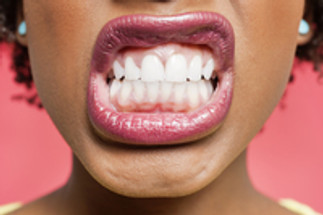Posted by Sierra Soleimani on Jun 6th 2016
Specific Bruxism Vs. Non-Specific Bruxism

While most people may not recognize the medical definition of Bruxism, many are familiar with the symptoms of this condition. Bruxism is the involuntary grinding of the teeth. It can occur during the day, but it most commonly occurs during sleep.
Bruxism is one of the most common sleep disorders, with an estimated 8-10% of the population suffering from the condition. Most people have a mild form of night grinding at some point in their lives.
Specific Bruxism
Specific bruxism is when the teeth grinding occurs naturally without a prior medical condition.
Non Specific Bruxism
Non-specific bruxism happens as a result of another condition, such as sleep apnea or anxiety.
What causes bruxism?
When treating bruxism, it’s important to identify and treat the root cause. Although there is no clear reason why bruxism occurs, there are studies that suggest there are a variety of possible causes that can trigger grinding.
- Stress
Stress is a natural response when you feel that you don’t have the adequate resources to deal. Occasional stress can be a positive force. Excessive stress, however, can have a negative effect on your body. Under stress, your muscles contract to protect themselves from injury. The constant tension can cause bruxism, headaches, back and shoulder pain, and body aches. - Sleep Apnea
When you are in a deep sleep, all of the muscles in your body relax. Normally, your throat stays open to allow airflow to the lungs. For some people, the muscles in their upper throat muscles relax, which causes the tissues to block the airway causing a stop in breathing. This stop in breathing is called sleep apnea. In response, the brain tries to reopen by airways by grinding and clenching the teeth. - Malocclusion
Malocclusion is the misalignment of your top and bottom teeth. Among other symptoms, teeth will try to correct themselves by triggering harmful grinding, which can make the alignment even worse. - Lifestyle Factors
There are many lifestyle factors that can increase your risk for bruxism. Age, recreational drug use, alcohol consumption, tobacco consumption, caffeine intake can increase arousal and teeth grinding and sleep arousal. - Medication
In some cases, bruxism can be caused by certain medications. This is especially prevalent with SSRIs and some of the SSNRIs (Selective Serotonin Norepinephrine Reuptake Inhibitors), such as antidepressants and antipsychotics. These medications can lead to increased headaches, jaw pain and teeth clenching.
Bruxism can be hard to identify since you do it in your sleep. If you suspect bruxism or notice wear on your teeth, talk to your dentist about a solution for treating the root cause of your bruxism.

